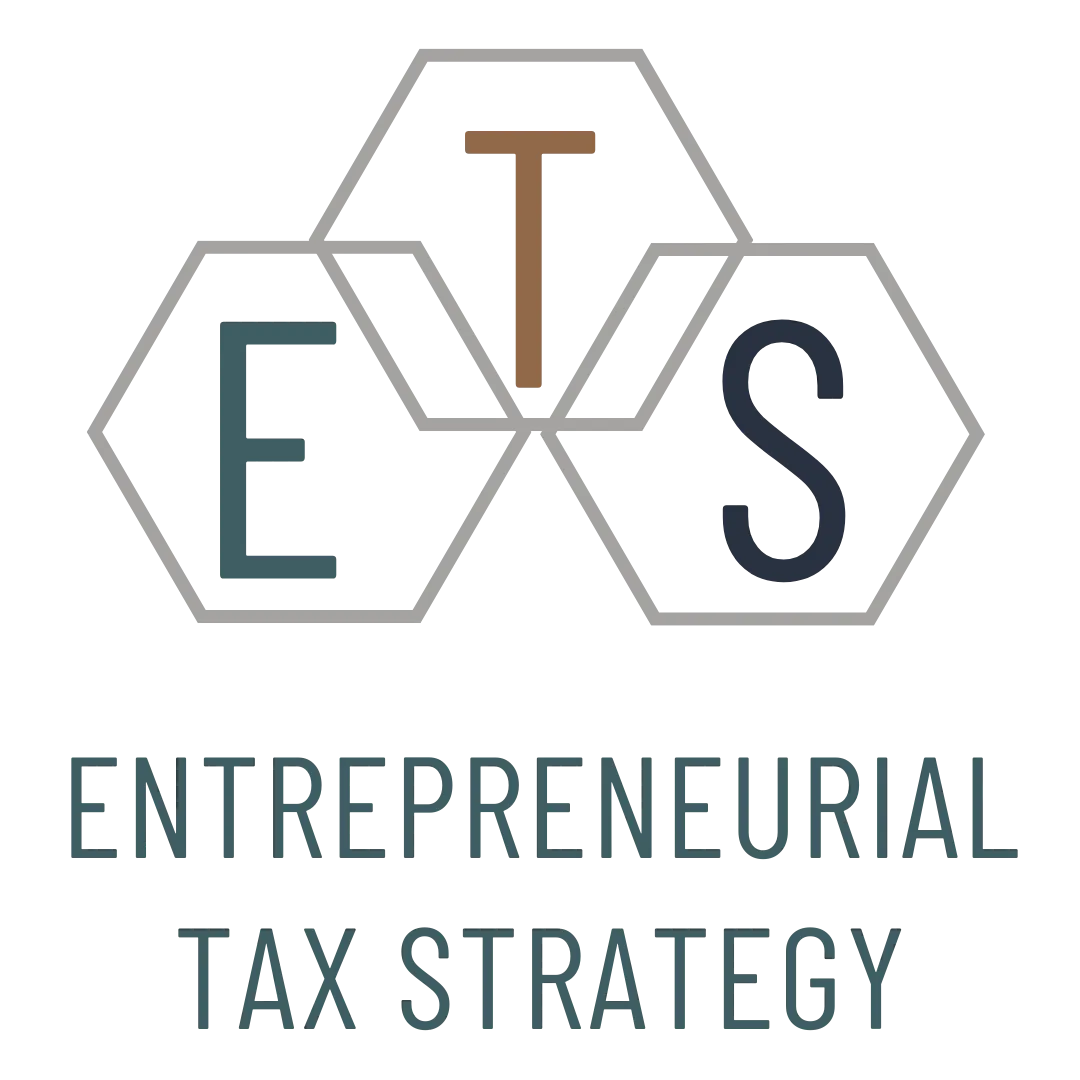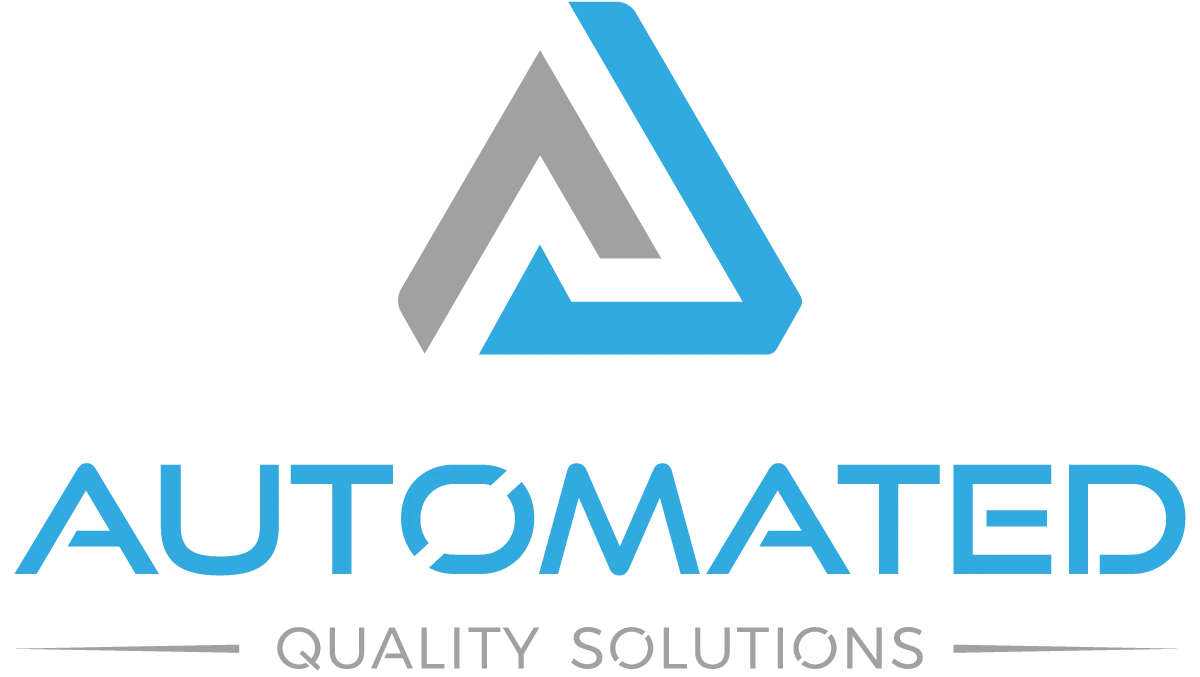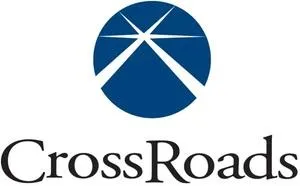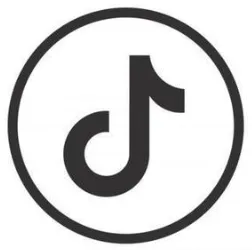The Life with Justin Stephens Blog
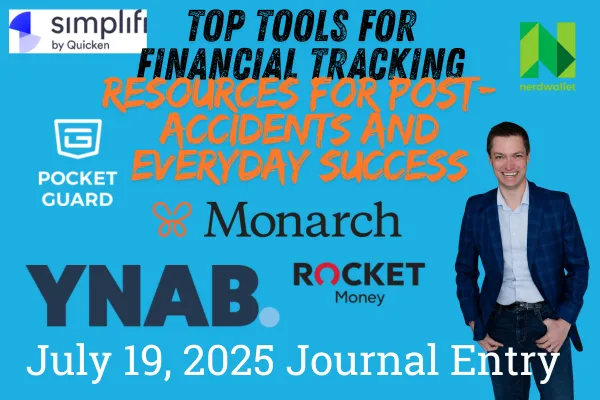
Top Tools for Financial Tracking: Resources for Post-Accidents and Everyday Success
Hey there, Life with Justin Stephens readers! It's Justin checking in, and first off, a quick update on my recent car wreck—I'm still feeling a bit sore, but thankfully no major injuries. The insurance adjuster called yesterday, and while the car's not yet officially totaled, my coverage is handling the claim smoothly. This whole experience has hammered home the importance of not just having insurance, but actively tracking your finances to stay prepared for life's curveballs. Whether it's monitoring unexpected medical bills, replacement costs, or just daily expenses, the right tools can make all the difference in maintaining financial stability and peace of mind. In today's Resources post, I'll share some of the top financial tracking tools for 2025, based on current recommendations from experts like CNBC, NerdWallet, and Forbes. These apps and platforms are perfect for post-accident recovery, budgeting, investing, and overall personal finance management—helping you align with the success strategies we've discussed this week.
Why Financial Tracking Tools Matter Now More Than Ever
In a world of rising costs and unpredictable events (hello, car wrecks!), tracking your money isn't optional—it's essential for personal growth, business success, and avoiding slumps like the ones Sarah Kline talked about yesterday. These tools automate syncing with banks, categorize spending, forecast budgets, and even help with insurance claims by organizing receipts and expenses. Post-accident, they can track deductibles, repair estimates, and rental car costs, ensuring you don't overspend during recovery. Plus, they tie into goal-setting (from our Life Strategy post) by helping you allocate funds toward big dreams, like rebuilding savings or investing in your business.
I've personally started using a couple of these to manage my post-wreck finances, and they've been game-changers for staying on top of claims and avoiding debt pitfalls. Let's dive into the top picks for 2025, selected for their user-friendliness, features, and relevance to entrepreneurs and everyday folks.
1. YNAB (You Need A Budget) – Best for Zero-Based Budgeting
YNAB is a powerhouse for hands-on budgeting, assigning every dollar a job to prevent overspending. In 2025, its AI-enhanced forecasting helps predict post-accident expenses like medical co-pays or transportation alternatives. Syncs with banks automatically, offers goal-tracking, and has educational resources to build financial literacy (echoing Operation HOPE's mission). Pricing: $14.99/month or $99/year. Ideal if you're rebuilding after a setback—I've used it to earmark funds for a new car down payment.
2. Monarch Money – Best for Customized Budgeting and Net Worth Tracking
Monarch stands out for its intuitive dashboard that tracks net worth, investments, and custom categories—perfect for monitoring insurance payouts and accident-related costs. It integrates with over 11,000 financial institutions and uses AI to categorize transactions accurately. New in 2025: Enhanced collaboration features for sharing budgets with family or accountants during claims processes. Subscription: $14.99/month or $99.99/year. Great for entrepreneurs linking personal finance to business goals.
3. Simplifi by Quicken – Best for Easy Navigation and Spending Insights
From the makers of Quicken, Simplifi offers a clean interface for tracking bills, subscriptions, and savings goals. Post-accident, its bill tracker reminds you of insurance premiums or rental fees, while customizable reports help analyze spending spikes. It syncs seamlessly with accounts and provides spending watchlists to curb impulse buys during stress. Cost: $3.99/month billed annually. A solid pick for beginners or those recovering from financial hits.
4. PocketGuard – Best for Envelope-Style Budgeting and Bill Management
PocketGuard uses an envelope system to allocate funds, making it easy to set aside money for accident recovery (e.g., "Emergency Fund" or "Insurance Deductible"). It auto-detects bills, negotiates lower rates on subscriptions, and flags overspending in real-time. 2025 updates include AI-driven savings challenges. Free basic version; Plus is $7.99/month. Excellent for hands-on users wanting to avoid debt after unexpected events.
5. Rocket Money – Best for Subscription Management and Credit Monitoring
Formerly Truebill, Rocket Money excels at canceling unwanted subscriptions and monitoring credit—crucial post-accident to watch for fraud or score impacts from claims. It tracks spending, negotiates bills (like utilities during downtime), and offers premium features like concierge services for claims assistance. Free with premium at $4-12/month. Ties into self-improvement by freeing up cash for investments or business growth.
6. NerdWallet – Best Free Option for Comprehensive Insights
NerdWallet's app provides free credit monitoring, spending trackers, and personalized advice, including insurance comparisons (handy right now for me!). It aggregates accounts for a holistic view and offers tools for debt payoff plans. No premium needed for basics, though some features link to partners. Perfect for starting your financial tracking journey without commitment.
Honorable Mentions
EveryDollar: Free from Dave Ramsey, great for simple budgeting without bank sync (premium adds it for $79.99/year).
Credit Karma: Free credit tools with financial recommendations, ideal for monitoring post-wreck credit health.
Before choosing, consider your needs—free vs. paid, mobile vs. desktop—and always check for data security. These tools can integrate with sales strategies (like tracking business expenses) and goal-setting for holistic success.
Why This Fits Your Life with Justin Stephens Journey
From small wins to financial literacy spotlights, our blog is about equipping you with real resources for personal finance, business, sales, and marketing. Whether recovering from a slump or an accident, these tools empower you to take control.
Call to Action: Subscribe at justindcstephens.com for daily insights. Which tool are you trying first?
Comment below and share this post!
P.S. Tomorrow, back to Journal Entries with a personal reflection on resilience after setbacks. Stay tuned!
To your success,
Justin Stephens


